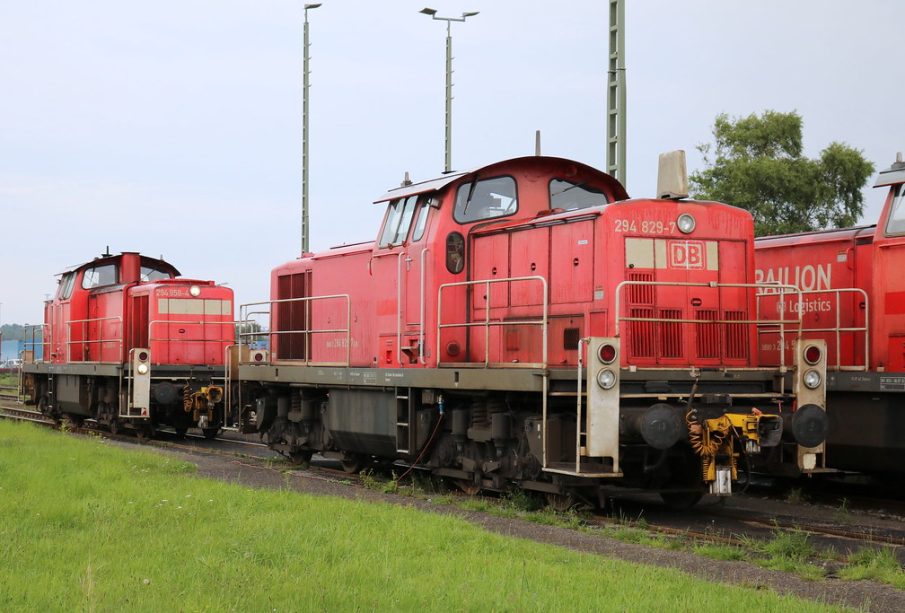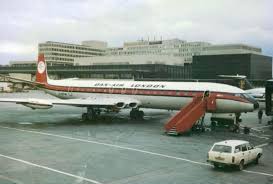Understanding the Role of UNH in Global Humanitarian Efforts

Introduction to UNH
The United Nations High Commissioner for Refugees (UNHCR) plays a pivotal role in safeguarding the rights of refugees and displaced persons around the world. Established in 1950 in the aftermath of World War II, UNHCR’s mission is to protect those who have fled persecution and conflict, ensuring their right to seek asylum and find safety. As global challenges such as war, political instability, and climate change continue to force people from their homes, the relevance of UNHCR’s work has never been more pronounced.
Current Global Challenges
Recently, the number of forcibly displaced individuals has reached unprecedented levels, with over 100 million people recorded by UNHCR in 2023. Conflicts in regions such as Ukraine, Syria, and Afghanistan have contributed to this staggering figure. Notably, the ongoing humanitarian crisis in Ukraine, triggered by the Russian invasion, has led to the displacement of over 8 million people within its borders, alongside millions more seeking refuge in neighbouring countries.
UNHCR’s Response and Initiatives
In response to these pressing challenges, UNHCR has intensified its efforts to provide aid, advocacy, and protection for vulnerable populations. These initiatives include emergency assistance in the form of shelter, food, and medical care, as well as long-term support to help refugees integrate into host communities. The organisation also works to promote policies that enhance the rights and well-being of displaced people, advocating for fair treatment and access to essential resources.
Significance of UNHCR’s Work
The work of UNHCR not only addresses immediate humanitarian needs but also plays a crucial role in fostering global stability. By supporting refugees and displaced persons, UNHCR contributes to the social and economic development of host countries, thereby promoting peaceful coexistence and reducing conflict. Furthermore, the organisation’s advocacy efforts aim to address the root causes of displacement, pushing for international cooperation and comprehensive solutions to crises.
Conclusion and Future Outlook
As the world grapples with increasing displacement due to conflict, persecution, and climate change, the role of UNHCR will remain vital. Stakeholders globally must come together to support UNHCR’s initiatives and ensure that humanitarian responses adaptive to changing circumstances are prioritised. The future holds both challenges and opportunities, but with continued commitment and collaboration, the impact of UNHCR can lead to a more equitable and safer world for millions of displaced individuals.









